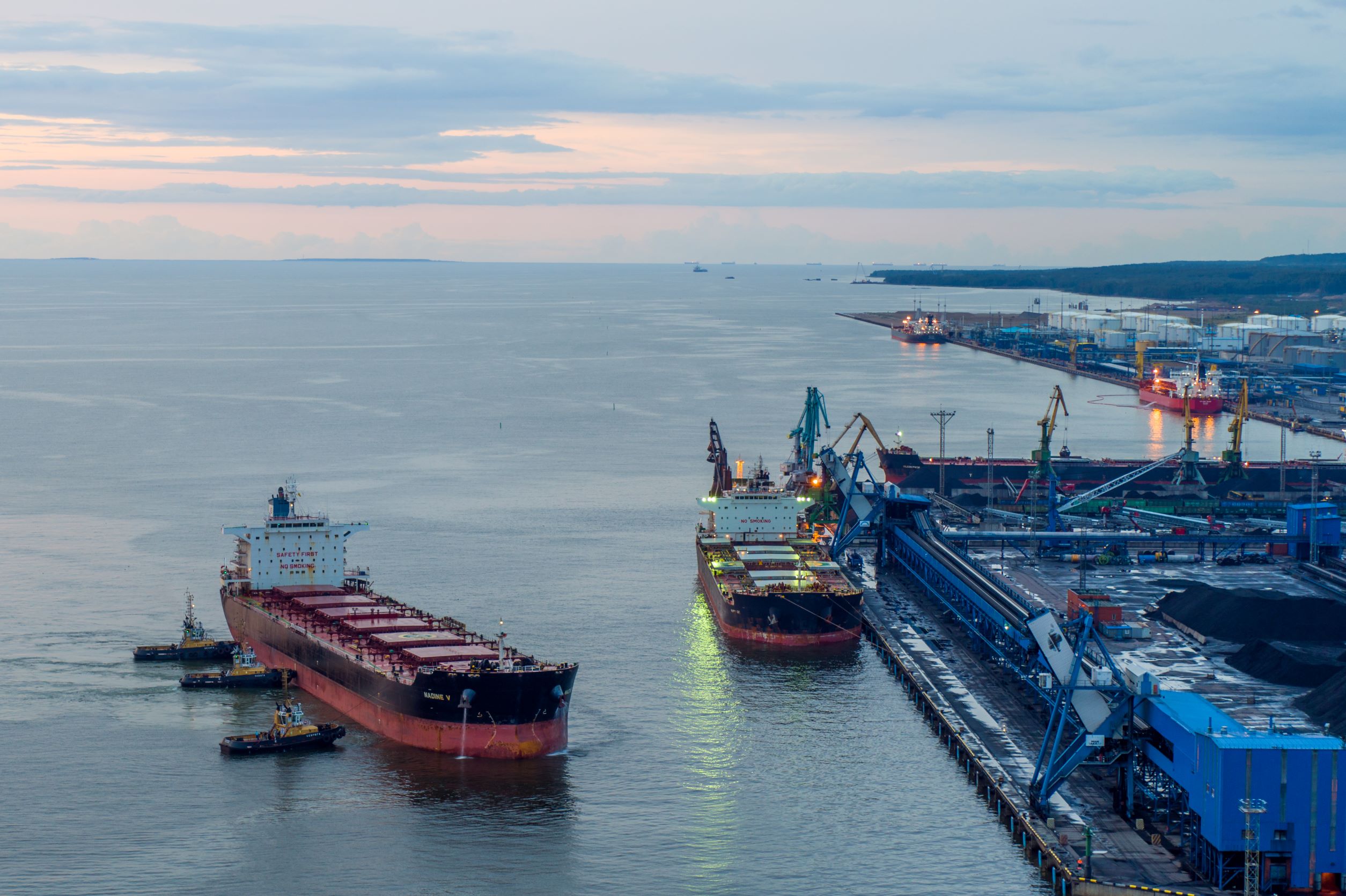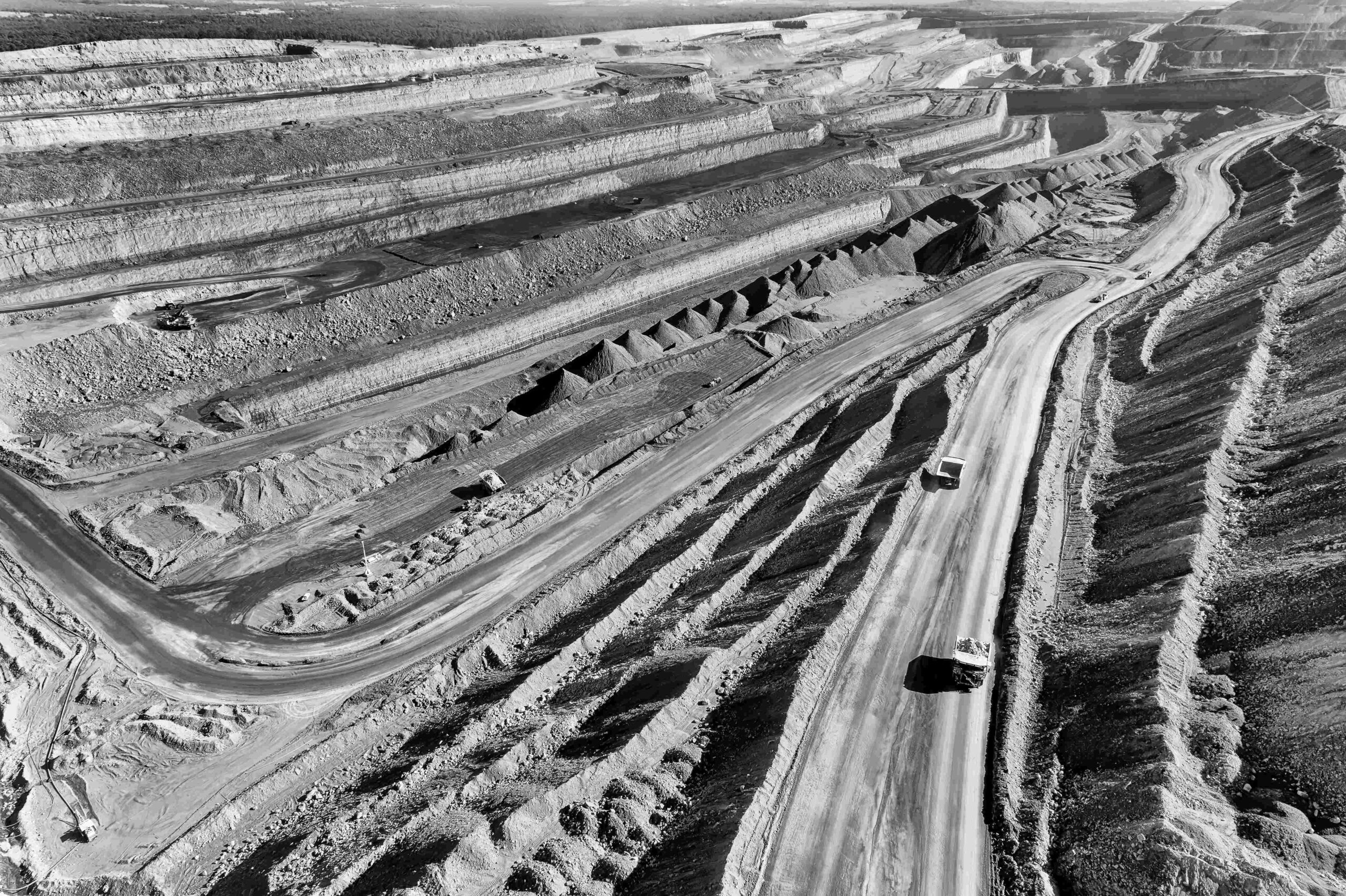
European coal prices have decline to multi-week lows as sluggish physical trading activity and easing supply concerns offset supportive generation demand and related markets.
The front-quarter API 2 contract traded on Friday at around a two-week low of USD 64.70/t, down 4.6% on the week, while the front year was down 3% to a one-month low of USD 67.45/t, on Ice Futures.
In the physical market, the Global Coal Des ARA index was pegged last at USD 65.97/t, down by around 6% on the week. “[Physical trading] has been largely quiet this week,” said a London-based coal broker, adding however stronger power prices had prevented sharper losses.
Front-month baseload German power prices on Friday rose to their highest levels for more than a week, of EUR 55.85/MWh. “There’s not much tonnage around for February – which makes it a bit more bullish than recently – but it seems March looks [better supplied,” he said, adding the supply-demand situation was otherwise “fairly balanced”. He said offers were mainly for Russian material.
Improved burn
Wayne Bryan, director of European gas research at Refinitiv, meanwhile said in a Montel podcast that coal-fired generation demand was likely to remain relatively firm across Europe over the coming weeks. “We’ve seen huge levels of [coal-fired] production in Germany,” he said, adding “we’re still within the [gas-to-coal] switching range, so we are seeing a lot higher levels of switching than we initially thought possible.”
Europe’s coal-fired generation in the first 17 days of January has accounted for around 16% of the region’s power mix, according to data from Finnish technology group Wartsila.
“Even if you look at the UK, we’ve seen coal generation really ramping up over recent weeks, which is a bit of a surprise,” Bryan said. “But of course, things will start to change [once] gas prices start to fall.”
Stock lows
Meanwhile, inventories at four key northwest European coal terminals declined this week to 4.21m tonnes – around 35% down on the year and the lowest level since April 2018.
Market participants said this in part reflected lower generation requirements – due to plant closures over the past couple of years – as well as an increased reliance on short-haul deliveries from Russia.
A source at one hub said deliveries and reloadings onto barges – for shipment to inland plants – remained “busy”. And four coal-laden vessels were scheduled for arrival this week at Rotterdam’s main EMO import terminal, in addition to one which arrived on Sunday, according to port data.
Yet the prospect of some supply being reloaded for shipment to China may result in some further decline in stock levels. (See p.3).
Indeed, a still strong Asia-Pacific market was also likely to underpin Atlantic-basin prices, market participants said.
Asia’s benchmark Newcastle coal price this week breached USD 90/t for the first time in nearly two years this week as a combination of cold winter and supply restrictions continued to push the market higher.
Economic analysis firm FocusEconomics on Wednesday revised up its forecast for average Newcastle prices this year by USD 5.60 – or 9% – to USD 66.50/t amid improved demand prospects.
“Demand prospects for thermal coal improved over the past month, likely in part due to positive news on the Covid-19 vaccination front,” the firm said.
Source: Montel News
Follow on Twitter:
[tfws username=”montelnews” height=”700″ width=”350″ theme=”light” color=”#FAB81E” tweets=”2″ header=”yes” footer=”yes” borders=”yes” scrollbar=”yes” background=”yes”]



